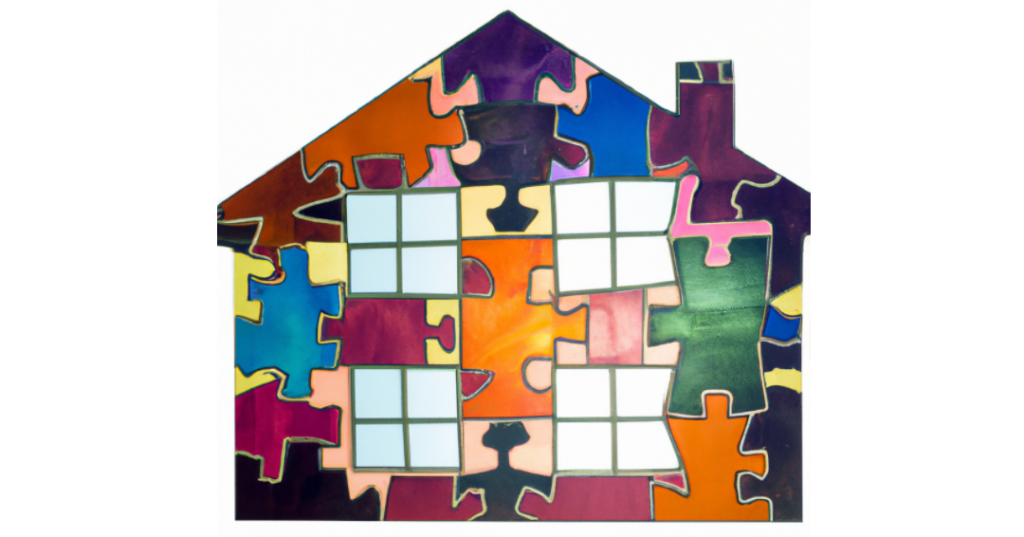Determining your home’s value is a crucial step in the process of selling your home
Knowing your home’s value before listing it for sale is crucial for several reasons. First, setting an accurate and realistic price can help attract potential buyers and generate interest in your property. Pricing your home too high can deter buyers and leave your property on the market for an extended period, while pricing it too low can result in lost profits. Additionally, knowing your home’s value can also help with negotiating with potential buyers and ensuring that you receive a fair price for your property. Overall, determining your home’s value is a critical step in the home selling process and can ultimately lead to a successful and profitable sale.
What are the factors to consider when determining your home’s value?
There are several factors to consider when determining your home’s value, and it’s important to take these factors into account to set an accurate price for your home.
Here are some of the key factors to consider:
1. Location
One of the most important factors in determining your home’s value is its location. Properties in desirable neighborhoods, with good school districts and convenient access to amenities like shopping, restaurants, and public transportation, will typically have a higher value than those in less desirable locations.
2. Size and Layout
Another factor that influences your home’s value is its size and layout. Homes with more square footage and well-designed layouts are generally more valuable than smaller or poorly laid out homes.
3. Age and Condition
The age and condition of your home can also impact its value. Newer homes in good condition will typically have a higher value than older homes that require significant repairs or upgrades.
4. Comparable Sales
One of the most important factors in determining your home’s value is the recent sales prices of comparable homes in your area. This helps to establish a realistic price range for your home based on what buyers are willing to pay for similar properties.
5. Upgrades and Improvements
Finally, the upgrades and improvements you’ve made to your home can also impact its value. Features like updated kitchens and bathrooms, energy-efficient appliances, and smart home technology can make your home more appealing to buyers and increase its value.
There are many variables involved
It’s important to note that while these factors are important, the value of your home can vary depending on the current real estate market conditions, buyer demand, and other external factors. This is why it’s important to work with a real estate agent to determine your home’s value.
Real estate agents have access to a wide range of tools and resources that allow them to accurately determine your home’s value. They can provide a Comparative Market Analysis (CMA) that takes into account recent sales of comparable homes in your area, as well as other factors that can impact your home’s value. Additionally, agents have experience working with buyers and sellers in your local market and can provide valuable insights into current market conditions and buyer preferences.
In summary, when determining your home’s value, it’s important to consider factors like location, size and layout, age and condition, comparable sales, and upgrades and improvements. However, working with a real estate agent is the best way to ensure that your home is priced accurately and competitively in the current market. Agents have the knowledge, tools, and experience to help you set the right price and achieve a successful sale.
Does this seem like too much effort?
Hire Bill Daus as your real estate agent today. We have a team that will take care of all the steps for you and get the highest price.
